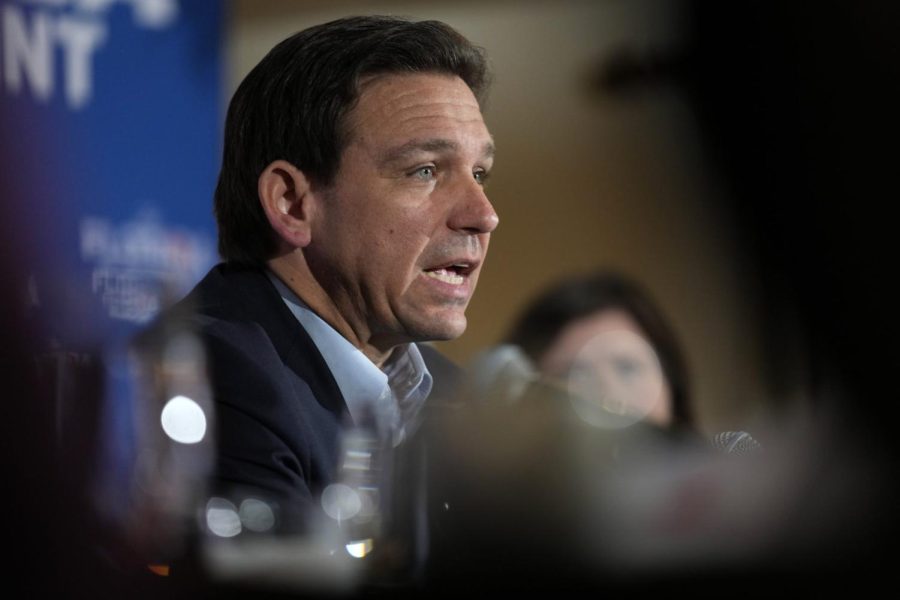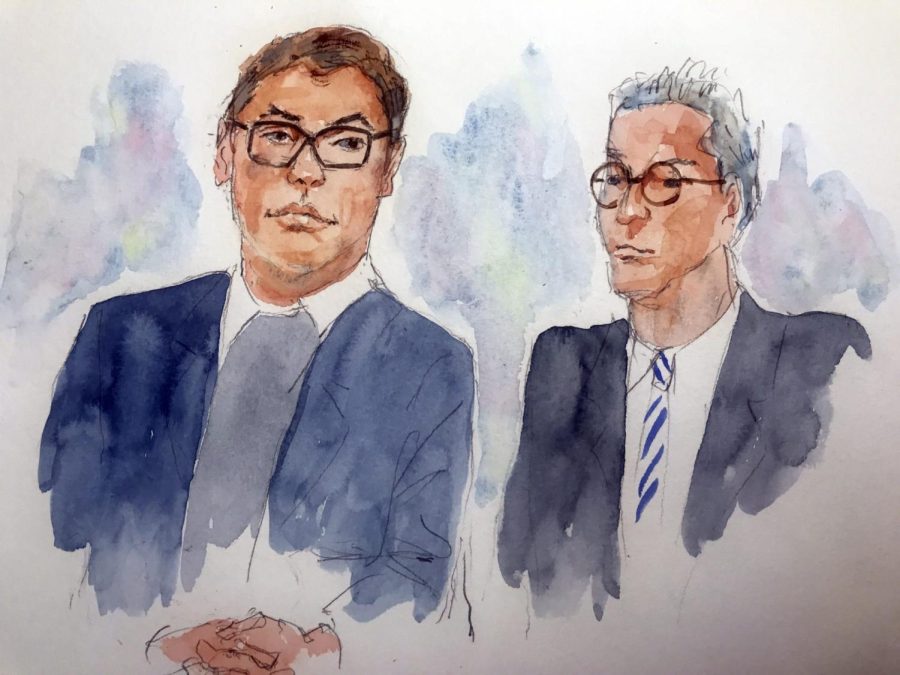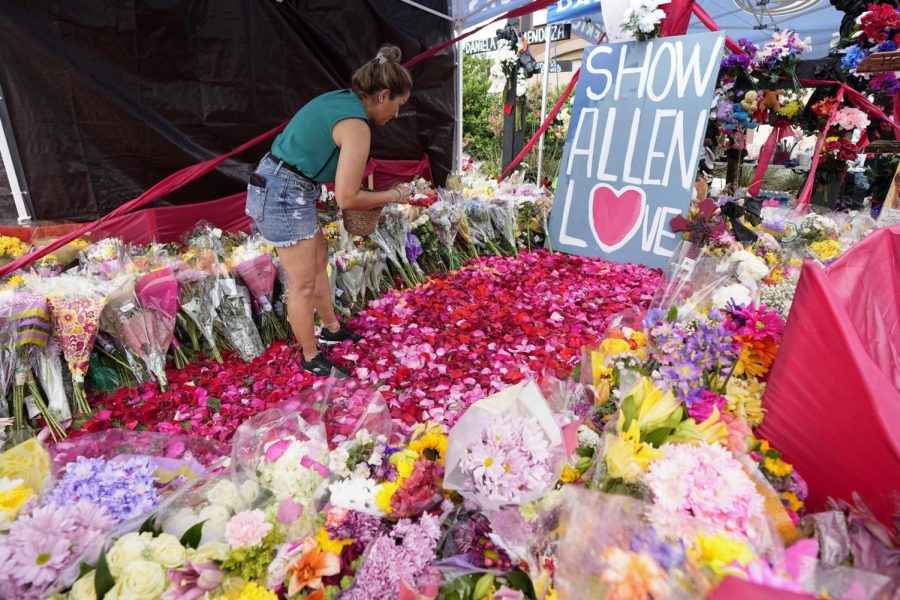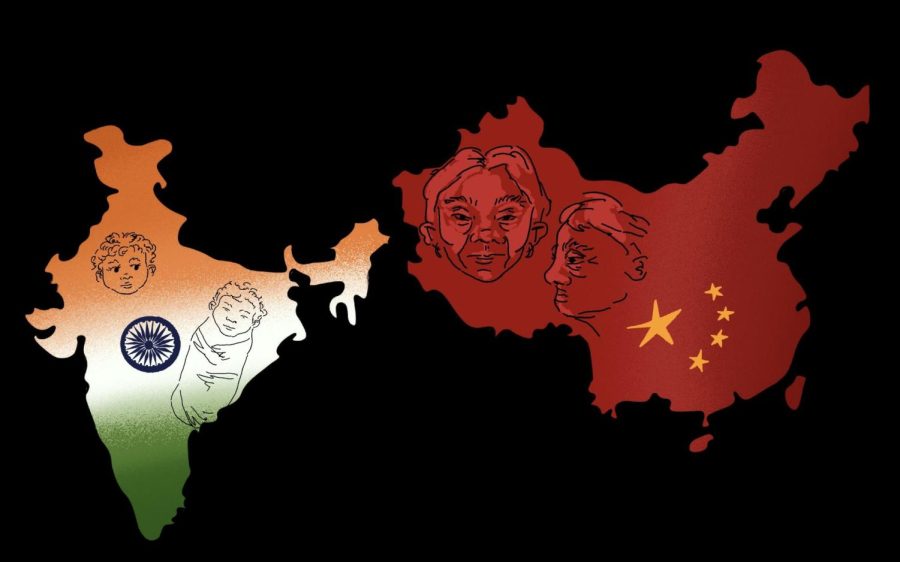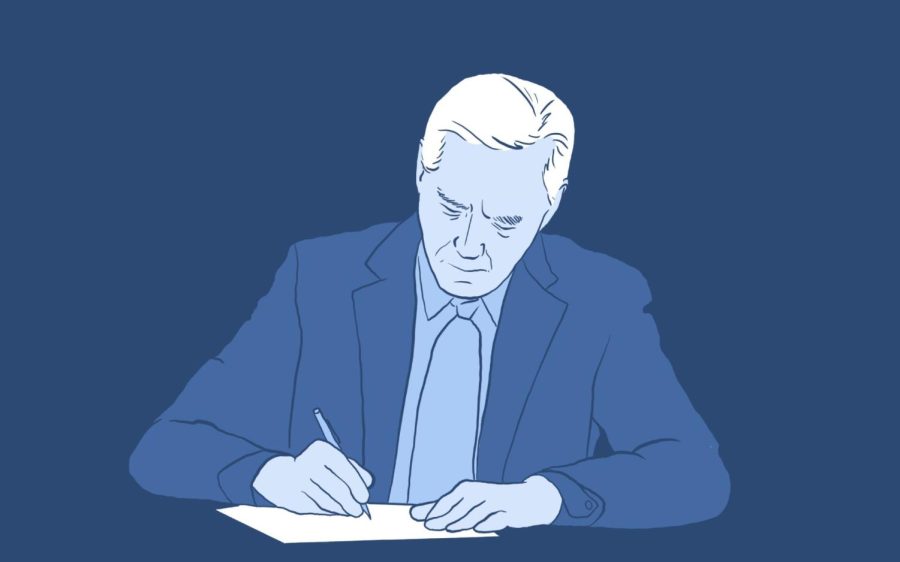Syria joined the international community last week to begin a second round of peace talks aiming to put an end to the nation’s bloody civil war.
The Geneva II talks began over the weekend after two days of tension between Bashar al-Assad’s regime and rebel forces almost halted the effort altogether. Saturday’s discussions accomplished little more than getting the two parties in the same room, but according to the New York Times, that was a major accomplishment in its own right.
Sunday, meanwhile, was focused on the humanitarian crisis in Homs. The regime has reportedly withheld aid from parts of the nation’s third- largest city, the New York Times reported, which has led to an increasing number of cases of malnutrition. While the opposing sides could not agree on sending an aid convoy, the Guardian reported that government officials permitted women and children to leave the city.
These negotiations come 18 months after the first attempt at peace talks in Switzerland. According to Scott Hibbard, a political science professor at DePaul, Geneva I operated largely under the assumption that Assad would resign, creating the opportunity for a transititional government to take over.
Rebels today are still expecting the regime to keep that promise, the New York Times reported, and they refuse to budge on any policy that doesn’t involve those conditions. However, government officials seem to be backing away from their previous concessions. Since the situation has changed so drastically over the last 18 months, Hibbard believes that Geneva I is no longer a relevant framework for the current negotiations.
Hezbollah’s support of the regime and broadening intervention from other players has made Assad’s resignation far less likely.
“It’s not like they’re (government officials) about ready to win any time soon, but they’ve kind of fought the rebels to a standstill,” Hibbard said.
Because of this, Hibbard predicted that Syrians and their international backers are likely to draft a solution that focuses only on ending the war and humanitarian crisis without addressing major structural changes. This means that the Assad regime and rebel fighters could end up controlling separate parts of the country, which resembles Syria’s current politicalclimate.
“The price of that is that the Assad regime will probably stay in power, and you’ll be looking at the de facto partition of the country,” Hibbard said. “In the long run, I don’t know where that goes.”
Putting an end to the fighting is a “worthy endeavor,” according to Hibbard, especially when one considers the mounting casualties caused by the war. As of Dec. 31, 2013, Syria’s death toll soared over 130,000, Reuters reported. In addition, there are approximately 6.5 million internally displaced citizens in Syria and another 2.4 million that have been displaced to neighboring countries, according to the U.S. Agency for International Development.
“The reason why it would be in everyone’s interest to have some kind of agreement would be that it could at least end the fighting,” Hibbard said.
However, Hibbard fears that a failure to implement a stable, long-term solution will leave room for the conflict to resurface in the future and merely put a band-aid on today’s crisis.
“You’ve just basically bought both sides time to kind of rearm and get ready for round two,” he said.
Another major hole in Geneva II is the absence of Assad’s ally, Iran, at the negotiating table. According to Hibbard, Syria’s civil war is ultimately a sectarian conflict among regional world powers. The two countries spearheading this proxy war are Saudi Arabia, which has been a vocal supporter of the Sunni rebels, and Iran. Hibbard said a resolution between these two nations is crucial to ending the Syrian conflict once and for all.
But since Iran isn’t currently a participant, that can’t be achieved.
“It’s curious that they’re not at the table,” Hibbard said. But at the end of the day, Hibbard said the biggest hurdle to peace in Syria is the unwavering interests held by each side. Both the rebels and the Assad regime believe they have more to gain through fighting than negotiation, and the backers of each group have additional interests that they refuse to compromise on.
“Generally when you do find a negotiated peace, it’s largely because all the parties involved have achieved what’s commonly referred to as a mutually hurting stalemate, where everyone realizes that continuing to shed blood and continuing the military operations is certainly no one’s interest,” Hibbard said. “That gives every party an incentive to negotiate. I just don’t see that as being the case in Syria.”


